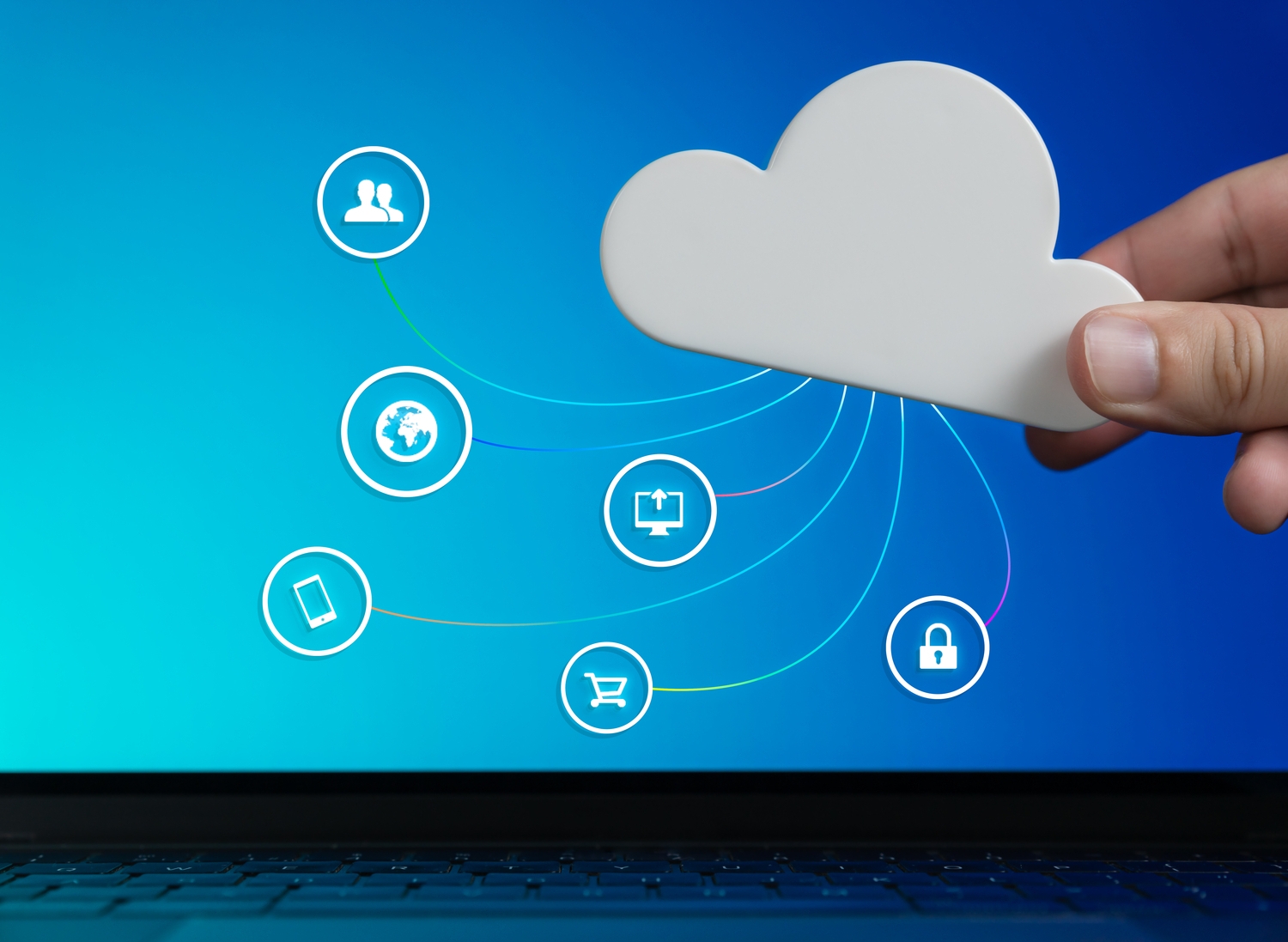Transforming HR Management with AI-Driven Solutions
Discover how AI-powered HR systems are revolutionizing talent management, automating administrative tasks, and enhancing decision-making. Learn about key features and top platforms, along with practical tips for selecting and deploying these innovative solutions to improve organizational efficiency and employee engagement.

The Future of Human Resources: Embracing AI Technology
As digital innovation accelerates, Artificial Intelligence (AI) is reshaping HR operations, offering smarter ways to handle talent acquisition, employee engagement, and administrative tasks. AI-driven HR systems facilitate faster hiring, personalized employee experiences, and deeper insights through analytics. This article highlights the importance of AI in HR, features of top AI tools, and guides on choosing and implementing these solutions effectively to boost organizational efficiency and workforce management.
Significance of AI-Enhanced HR Platforms
1. Optimized Hiring Processes:
AI tools automate resume screening, interview scheduling, and candidate shortlisting based on data insights, markedly reducing hiring times and improving candidate quality.
2. Enhanced Employee Engagement:
These systems enable personalized onboarding experiences and continuous learning programs. Chatbots instantly resolve HR inquiries, elevating employee satisfaction and productivity.
3. Data-Informed Decisions:
AI analyzes extensive HR data, offering actionable insights on workforce trends, performance metrics, and engagement levels to support strategic planning.
4. Automated Administrative Work:
Routine tasks like attendance tracking, payroll, and benefits management are efficiently handled by AI, allowing HR teams to focus on strategic initiatives.
5. Forecasting HR Trends:
Predictive analytics help identify potential turnover risks and training needs, aiding in proactive workforce management and reducing attrition.
Core Features of AI-Enabled HR Solutions
1. Automation in Recruitment:
Streamlines candidate sourcing, screening, and interview arrangements, enhancing hiring speed and accuracy.
2. Self-Service Portals:
Allows employees to access HR services via AI-powered chatbots, improving ease of access and engagement.
3. Performance Tracking:
Uses AI to set measurable goals, give ongoing feedback, and facilitate fair performance evaluations.
4. Customized Training:
Personalizes learning programs aligned with individual skills, aspirations, and career paths to foster growth.
5. Advanced Analytics:
Provides comprehensive reports on HR metrics, enabling data-driven strategic decisions.
6. Workforce Trend Prediction:
Forecasts staffing requirements, attrition risks, and training needs for better planning.
7. Regulatory Compliance:
Ensures adherence to labor laws and company policies via AI monitoring and checks.
Top AI HR Platforms
This comparison presents leading AI HR tools available today:
| Platform | Key Capabilities | Pricing Model | Integration Level | Support |
|---|---|---|---|---|
| Workday | – Workforce analytics and planning | Subscription | Extensive | 24/7 Support |
| – Recruitment automation | ||||
| – Performance management tools | ||||
| Oracle HCM Cloud | – AI-powered hiring and talent management | Subscription | High | Email, Phone Support |
| – Analytics and personalized learning | ||||
| SAP SuccessFactors | – Recruitment and onboarding with AI | Subscription | High | 24/7 Support |
| – Employee self-service chatbots | ||||
| – Workforce analytics forecasting | ||||
| IBM Watson Talent | – AI-driven talent sourcing | Subscription | Medium | Email, Phone |
| – Skill-based career development | ||||
| – In-depth people analytics | ||||
| HireVue | – Video interviews with AI analysis | Subscription | Medium | Live Chat, Email |
| – Automated candidate assessments | ||||
How to Select the Ideal AI HR Solution
1. Identify Your Needs:
Determine specific HR challenges to address, like onboarding, performance tracking, or recruitment automation, to find the most suitable tools.
2. Growth and Adaptability:
Choose a platform that scales with your organization and allows customization to meet evolving HR demands.
3. Seamless Integration:
Select solutions that integrate smoothly with existing HR and IT systems, ensuring data flows efficiently.
4. Ease of Use:
Opt for platforms with intuitive interfaces to encourage adoption among HR staff and employees alike.
5. Budget Consideration:
Assess total costs, including setup, subscriptions, and additional features, to ensure good value for money.
6. Support Services:
Work with vendors offering reliable support channels such as email, chat, or phone to address issues promptly.
Best Strategies for Implementing AI HR Tools
1. Careful Planning:
Create a clear implementation plan covering goals, timelines, and stakeholder involvement for smooth deployment.
2. Extensive Training:
Train users thoroughly on platform features relevant to their roles to maximize utilization and effectiveness.
3. Continuous Improvement:
Regularly review system performance and gather user feedback to make necessary adjustments.
4. Transparency:
Communicate clearly how AI tools influence decisions to foster trust and reduce biases among staff.
AI-driven HR technologies are transforming how organizations manage talent and streamline processes. By utilizing these advanced tools wisely, companies can boost efficiency, improve employee experiences, and make better strategic choices. Proper selection and implementation of AI solutions are key to unlocking their full potential for organizational success.










